How to Keep Your Food Safe in the Midst of Disasters
Today, it’s all about how to keep your food safe in the midst of disasters. Running out of food and water during a disaster can be even more unbearable than the crisis itself.
Especially with the hindsight that it could have been avoided. There are several steps you can take to be prepared for a crisis with a plentiful food supply.
If a hurricane or floodwaters were to tamper your food supply, would you know what to do? Take a look at ways you can be prepared for this type of scenario, and how you can determine if food is safe to consume. Here are tips on how to keep your food safe in the midst of disasters.
Store Foods That Have a Long Shelf Life
Nobody knows when disaster is going to strike, but you don’t have to be completely blind-sided if it were to ever happen. Having the right foods stored up for such an unfortunate situation is a wise thing to do.
Stockpile foods that have a long shelf life including, canned goods, rice, beans, cereal, nuts, jerky and dehydrated meats, and fruits.
Just remember to rotate out your stock periodically to ensure you don’t have outdated food if a crisis were to happen. Lastly, don’t forget to have a can-opener on hand.
Plan Strategically for Where to Store Your Food
It’s also important to place your emergency stock in a place that won’t get contaminated by floodwaters. This might rule out placing your supplies down in the basement or cellar. Put them in a cool place up high, where waters can’t reach, in most cases.
Protect Food in Waterproof Airtight Containers
Make sure you store foods in airtight containers so they can be protected from both rodents and water damage. Have extra waterproof airtight containers that can store your food safe from any kind of disaster.
Keep your Freezer or Refrigerator Doors Closed
Opening and shutting your refrigerator and freezer doors are going to cut the amount of time everything will stay cold. So obviously, keeping these doors shut will be a smart idea.
If you have a full freezer with the doors remaining shut, food can stay frozen for around 48 hours. If your freezer is half-full, you’re looking at right around 24 hours.
Keep Food Thermometers Around
Having food thermometers around in case of an emergency will be extremely important. This way you can evaluate and accurately determine if food has reached temperatures above safety levels.
Keep Refrigerated Foods Below 40 Degrees
After a power outage, food stored in the refrigerator needs to stay below the temperature of 40 degrees.
You typically only get a 4-hour window after the power has gone out to keep most food that has been stored in the fridge. Meat, milk, eggs and soft cheeses need to be thrown out after 4 hours.
Your Freezer should Be Below 0 Degrees
The food in your freezer should remain below the temperature of 0 degrees or lower. Anything that hovers over this temperature is deemed unsafe and should be discarded. I made these PVC tubes a few years ago that will keep my freezer cold for a little longer.
Store Refrigerated Foods in the Freezer Immediately
When the power has gone out, you can stretch the life of your perishable food longer than simply leaving them in the refrigerator with the door closed.
If you have certain foods in the refrigerator that can be frozen, don’t waste any time. Put them in the freezer so they can last a couple of days more.
Have Extra Coolers On Hand
Before a catastrophe hits have extra coolers on-hand that can help along with your refrigerator in keeping food products at the right temperatures.
Stay Stocked Up on Ice
Another smart thing that you should always do is to have a decent amount of ice stocked up in the freezer to help keep things colder. That way you can have more ice to place in your coolers.
Stash Dry Ice in your Freezer
If your power is going to be out for an extended amount of time, it might be wise to get a 50 lb block of dry ice to help keep your food frozen. This can give you an additional 48 hours of shelf life for your frozen food.
Find out ahead of time where you can purchase dry ice so you’re not scrambling after it happens.
When Time is Up, Cook Your Food
If your 4 hours are coming to an end with the meat in your refrigerator it might be best to start cooking it. Cooked meat will last longer than meat wasting away in the refrigerator.
Consider Getting a Generator
Many people are under the assumption if they buy a generator their whole house, including the air conditioner, will be up and running.
There are expensive generators out there that can handle this heavy workload, but most people can only afford generators that keep a couple of appliances and lights working.
The good news is that most quality generators can keep your refrigerator and freezer up and running through a power outage.
If you can invest in a generator beforehand this could save you a lot of money instead of throwing out all your perishable food.
Just remember that if it’s gas-powered and you run out of fuel you need to be ready for the next plan.
Don’t Keep Food That Has Been Damaged by Flood Waters
Food in packages that are not in airtight or waterproof containers should be thrown out if they come into contact with floodwaters. Don’t mess around with the seriousness of this.
If you plan on keeping canned items that may have gotten wet, be sure to remove the labels, wash the can in soap and clean hot water. Have a black magic marker handy to write on the can what it contains.
Clean Your Pots, Pans, and Dishes Before Using
If any of your dishes, pans, or utensils come into contact with floodwaters, you don’t have to toss them out. Just be sure to wash them repeatedly and thoroughly with clean hot water and dish detergent.
Before putting them in the dishwasher, have it run through 2-3 cycles to flush out any flood water that might have gotten into your pipes.
No Bottled Water on Hand? Boil or Filter Your Water
No bottled water or safe drinking water on-hand? The good news is, your water won’t stop working right away.
Be sure to have your tap water filtered or boiled, as the purification system in your tap water might not be working properly. Bringing your drinking water to a rolling boil for one minute will kill a majority of bacteria.
Never Taste Food to Determine if It’s Safe
It’s never a wise idea to taste-test food to see if it’s still safe to eat. Even if the food still tastes good, you might get sick from bacteria that’s been growing in your food supply.
Know When to Throw Food Away
So how are you supposed to know if perishable foods are still good if you can’t taste-test? It’s simple. Smell your food for any foul or unnatural odors and look for any discoloration or texture that seems off.
Putting Food in the Snow is Not a Great Idea
While it might seem like the cold temperature is keeping your food cool enough, the sunlight is slowly cooking your food. This can cause bacteria to grow, making your food unfit to eat.
If a power outage takes place in the wintertime and is out for an extended period of time, many people think that taking some of their perishables out of the fridge and putting it out in the snow is a good idea. It may be good if done in the evening after the sun goes down. Just don’t keep it out there if the sun is shining directly on it. Be sure to clean the perishable items before eating them.
Final Word
These are ways for you to keep food safe before and during a disaster. What other preventive measures or food safety tips after a disaster do you know about? Please be prepared for the unexpected. May God bless this world, Linda

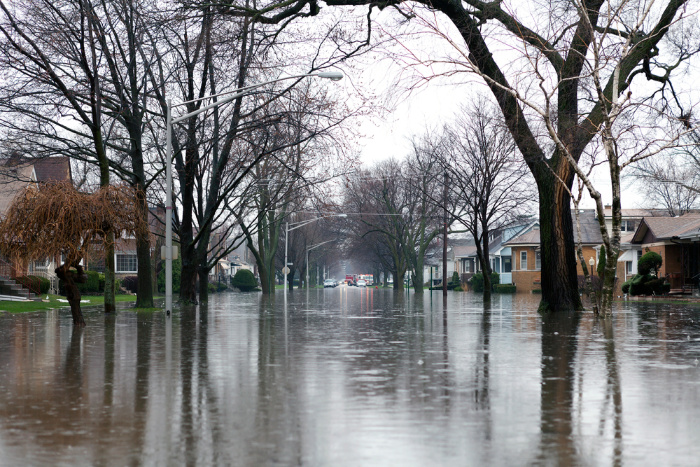


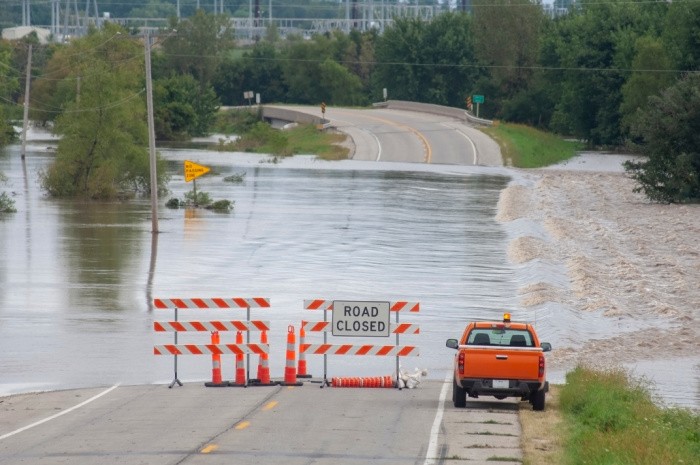
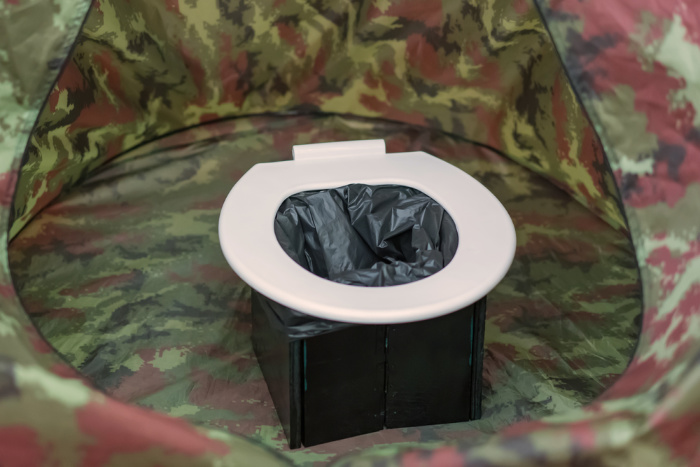
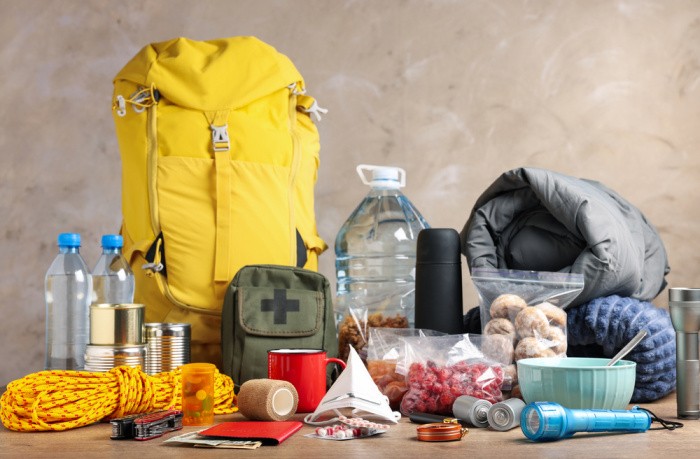
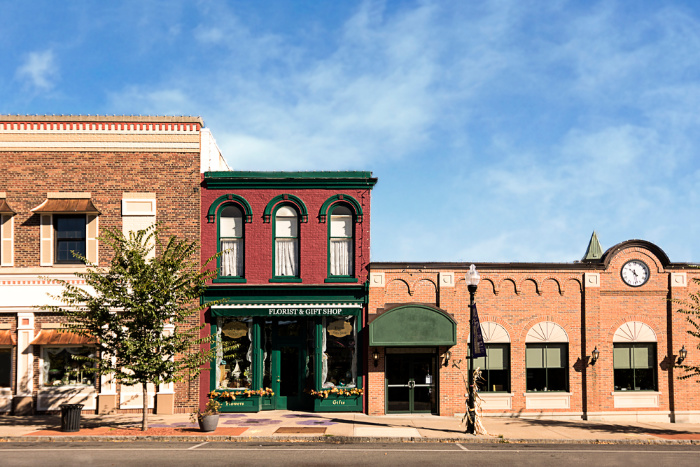
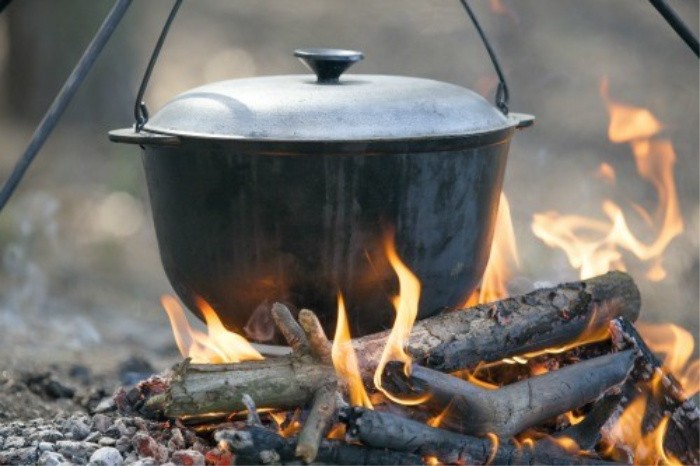
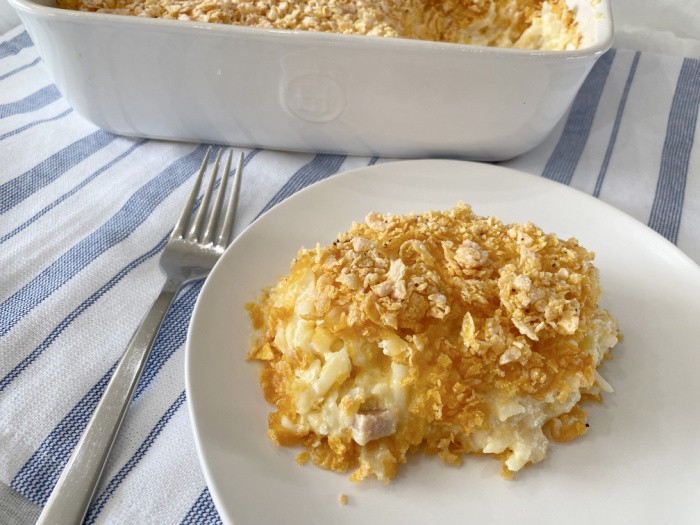
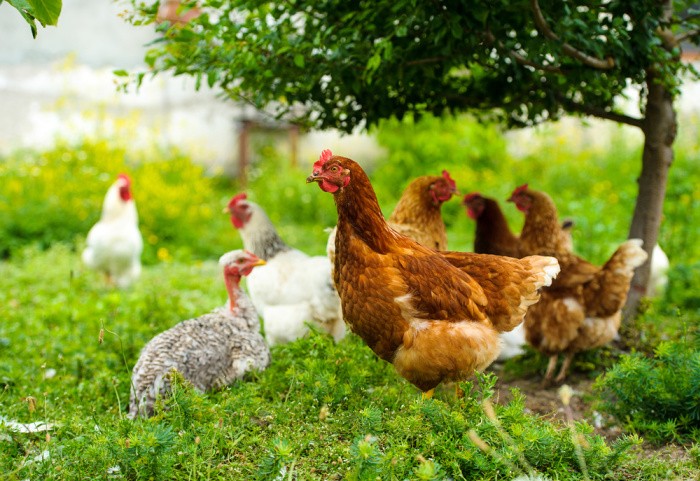
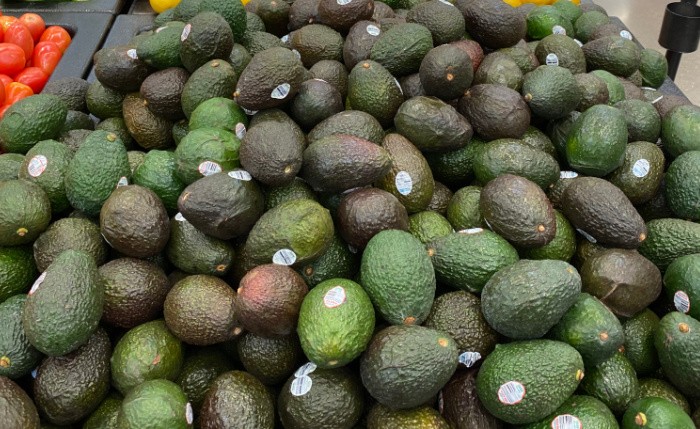
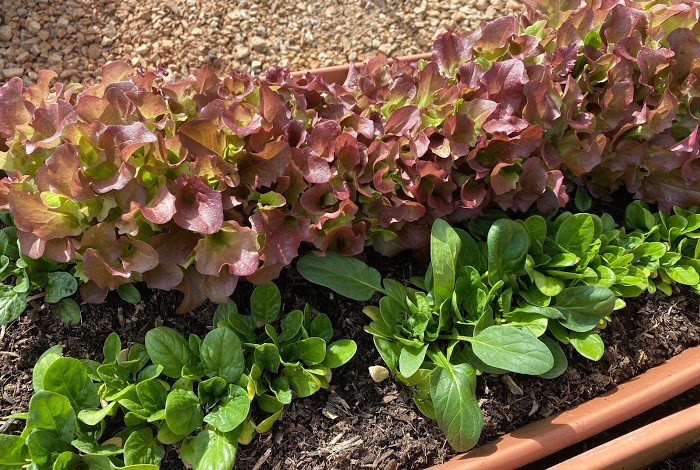


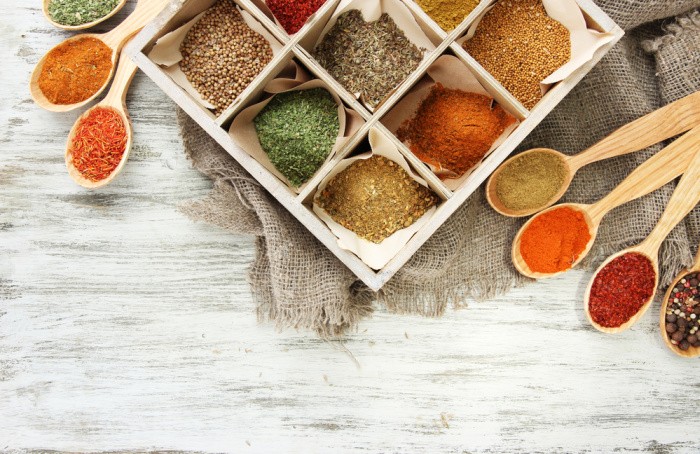

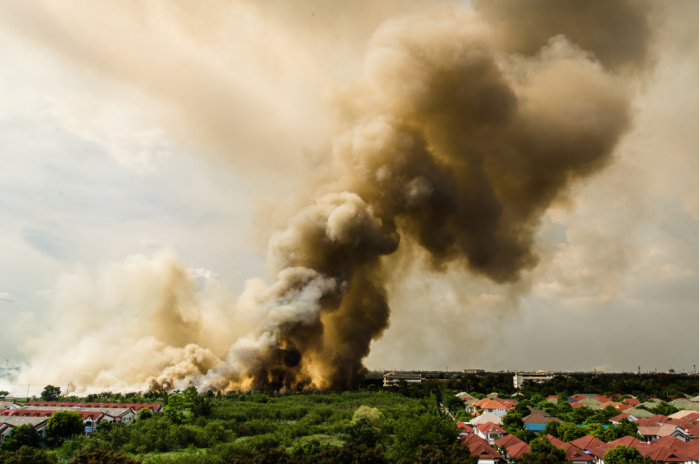
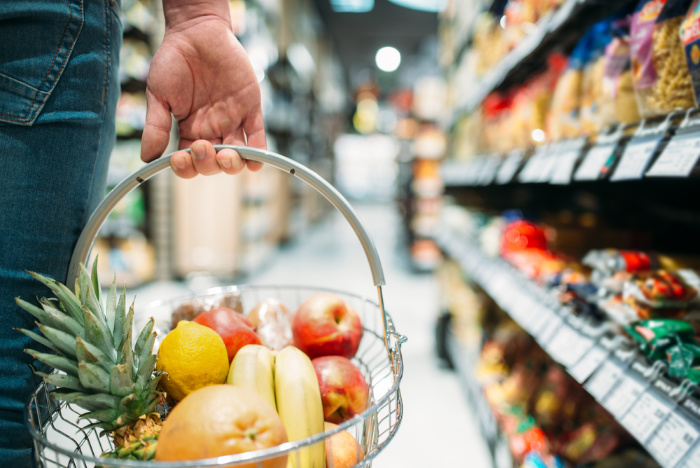
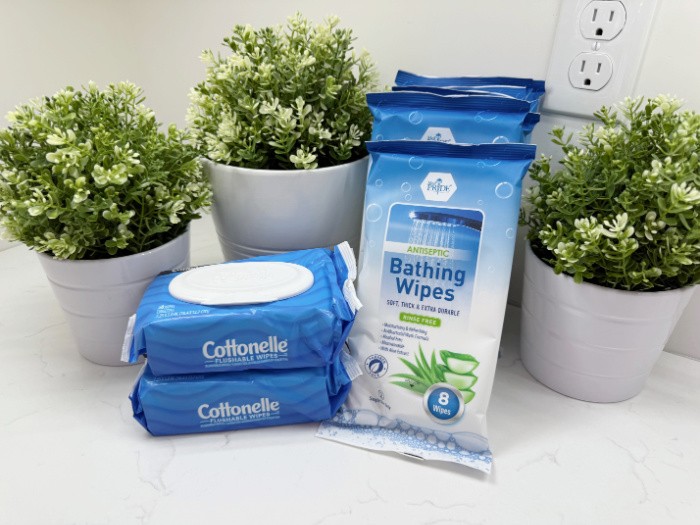


Saw an genius trick for verifying that your freezer has stayed cold enough during a prolonged outage: put a quarter on top of a cup of ice and leave it in the freezer. When the power comes back, check the cup to make sure the quarter isn’t at the bottom of the cup. If it’s at the bottom, then the ice melted and refroze so you can’t be sure your food is safe. If it’s at the top then everything is definitely safe. If it’s in between then you have to make a judgement call…personally if it’s more than a third of the way down I’d probably not trust that the food is safe….
When I saw that tip on an article talking about the PG&E planned blackouts I immediately put quarters on my frozen pint soup containers (clear takeout containers.) Hopefully I never come home to sunken quarters, but at least I know have an easy way to tell if anything went wrong.
HI Dmwalsh, great tip on the quarters. The PG&E blackout is crazy! It’s a good wake up call for people to realize this can happen anywhere or anytime. Just read Lights Out by Ted Koppel. Linda
Great article, Linda.
I do a lot of camping – sometimes for 10-12 days at a time. While most of the food I take for these trips are canned foods, in the beginning of my trip, I do take fresh foods – meat, veggies, fruit. I am able to keep ice in my cooler and I keep the cooler covered. I have not had any problems with the foods I keep in the cooler.
So, the thing to do during a power outage during the winter (if you have snow), is to put some snow on the bottom of the coolers, add your food, then more snow on top. Close the lid and replenish the snow as you remove food items. If you make sure to keep the coolers in an area that does not heat up from the sun, or keep the coolers covered AND keep adding snow, the foods should be good for several days. Of course, this is just my opinion based on my experience camping. And, one should still use caution. When I am camping, I do use caution with my cooler foods. I generally don’t have any fresh meat after the first 3-4 days – after that, I am using canned meats.
Hi Leanne, you know I love your comments because you are the camping queen in my eyes! I just wish we lived closer to each other! Great tips, Linda